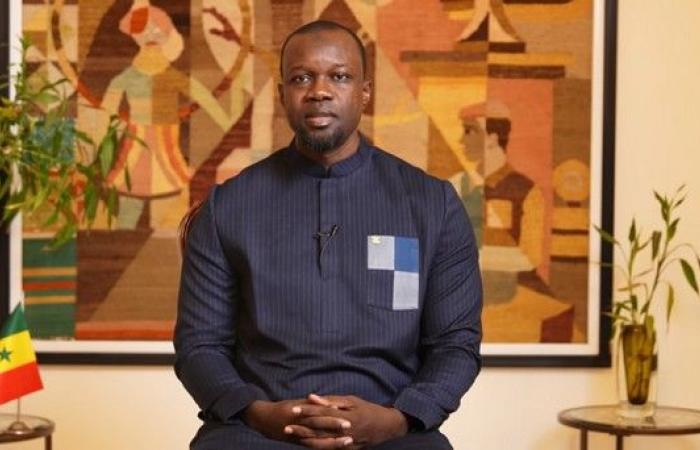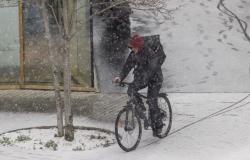Ousmane Sonko firmly denied on Monday the assertions of French President Emmanuel Macron about an alleged consultation concerning the French military withdrawal from Senegal. This new diplomatic tension comes in a context of redefinition of relations between France and its former African colonies.
Senegalese Prime Minister Ousmane Sonko on Monday strongly contested French President Emmanuel Macron’s statements regarding the withdrawal of French forces from Senegalese territory, calling his assertions “totally erroneous.”
This reaction follows the remarks of the French head of state who had affirmed that the departure of French military bases from Africa had been the subject of prior negotiations, adding that France had granted “for simple convenience and politeness” the first announcements to the African countries concerned.
“No discussion or negotiation has taken place to date,” the Senegalese Prime Minister categorically denied on his social networks, stressing that “the decision taken by Senegal arises from its sole will, as a free, independent and independent country. sovereign”.
Sonko also reacted to Macron’s remarks made on Monday during the Conference of Ambassadors in Paris and according to which “no African country would be sovereign today, if France had not deployed itself”. The head of the Senegalese government refuted this assertion, estimating that “France has neither the capacity nor the legitimacy to ensure Africa’s security and sovereignty”.
In his message posted on his social networks visited at APA, the Senegalese Prime Minister particularly highlighted France’s role in the destabilization of Libya, evoking the “disastrous consequences noted on the stability and security of the Sahel”.
Referring to history, Sonko recalled the decisive contribution of African soldiers during the Second World War, stressing that they were “sometimes forcibly mobilized, mistreated and ultimately betrayed.” He concluded by declaring that without their commitment, “France would, perhaps even today, be German”.
AC/SF/APA
Apanews.news
Comments via Facebook:
Canada







